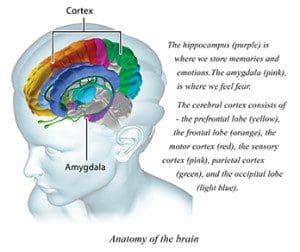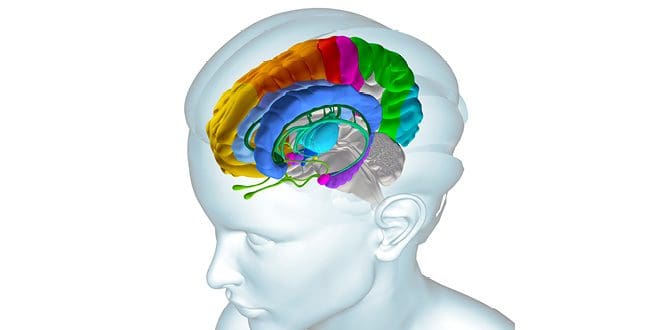

This emphasises the importance of treating depression proactively and early as possible.
The researchers analysed the MRI Scans of over 1700 patients with major depression and found that the hippocampus shrinks in relation to recurrent and persistent depression even in young people. These adverse physical brain changes can be reversed, especially if treatment is continued. In depression there is shrinkage in the connections between nerve cells whereas in dementia there is death of nerve cells.
Anti-depressant drugs may help to prevent these physical changes. Other important strategies are to feed the brain with essential nutrients to increase the health of the neurones and nerve pathways and connections.
It is important to increase the consumption of omega 3 fatty acids in the diet. Omega 3 fatty acids are found in oily fish (sardines, tuna, salmon, trout etc), chia and flax seeds and walnuts. Coconut oil and coconut flesh provide healthy fats for the brain to function better.
It is important to eat green leafy vegetables and good quality animal protein to provide folic acid and vitamin B 12 to enable the brain to make neurotransmitters. This process of manufacturing neurotransmitters (such as serotonin, adrenalin and dopamine) requires a chemical pathway known as methylation. Some people with depression are slow methylators and this perpetuates the depressive illness, and can also cause anxiety. There is a blood test that can be done to see if you have a defective MTHFR gene that causes slow methylation. If you are a slow methylator, you will need to take the activated form of folic acid called folinic acid because regular folic acid supplements do not work.
Exercise is very beneficial in depressed persons and can increase brain size and hormonal health. Seeking help from a psychologist or psychiatrist is vital and should be ongoing. Doing yoga, Tai Chi, Pilates and learning to meditate can also produce beneficial changes in the brain.
For more information see the booklet titled How to be Happy and Motivated









I have both gene mutations for MTHR.
My mother and 4 of her siblings have died from Alzheimer’s disease. I am very concerned but cannot get a doctor to take this seriously, please please advise me what to do to improve my chances of not getting this horrible disease.
Kindest regards
Theresa
Ps I am currently doing the Dr Cabot cleanse
Hi Theresa,
Dr Cabot has written a book called Alzheimers – what you must know to protect your brain. We highly recommend obtaining a copy of this book and following the advice in it.
Consuming foods high in natural folate is particularly important for you. Dr Cabot has a great PowerPoint that on Dementia prevention strategies – I have emailed this to you. Maybe check your junk folder.
Kind regards,
Louise